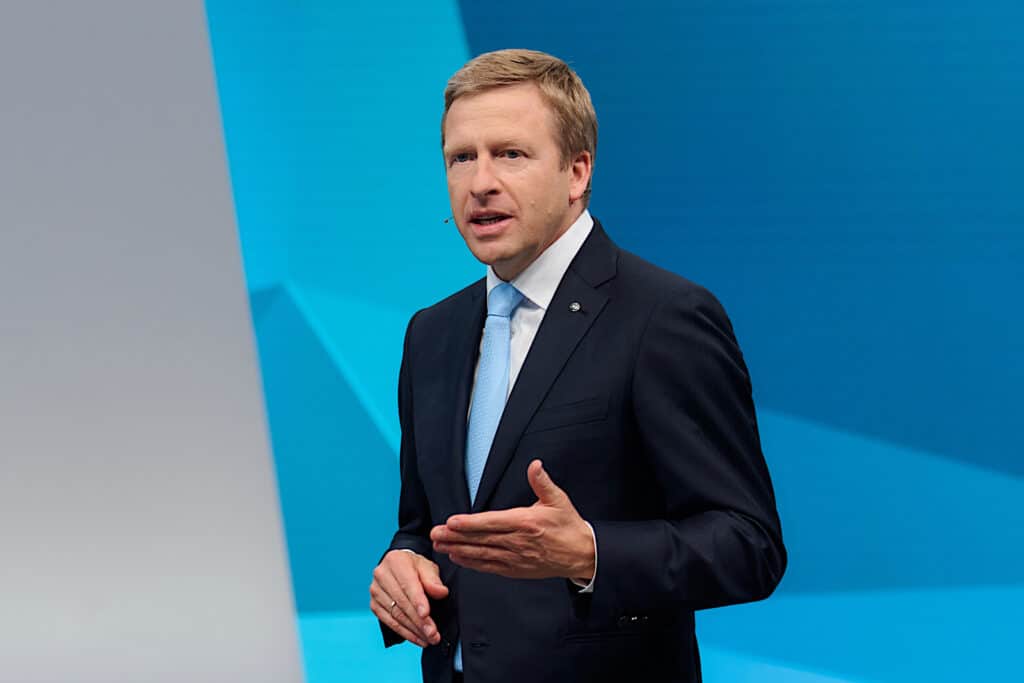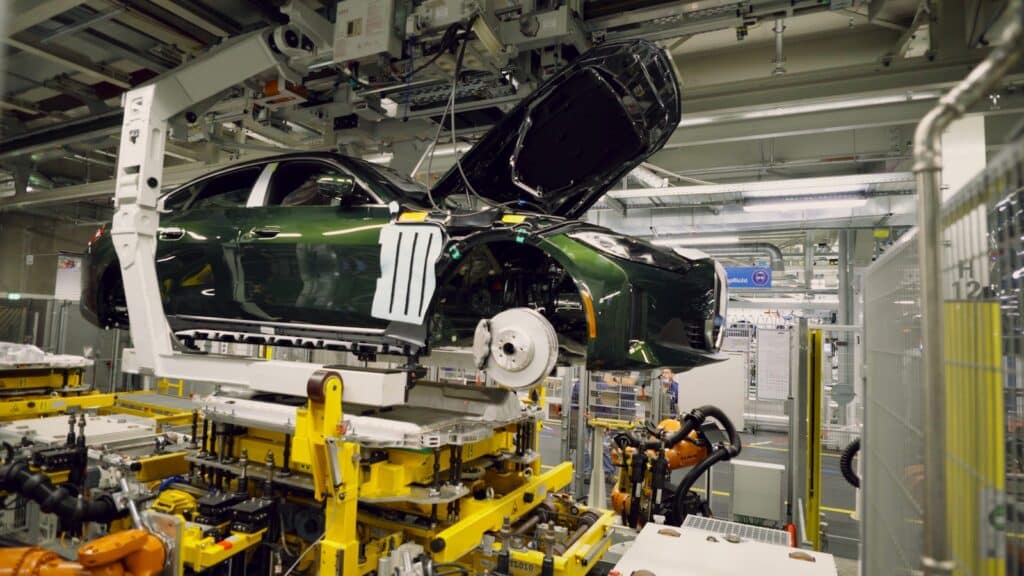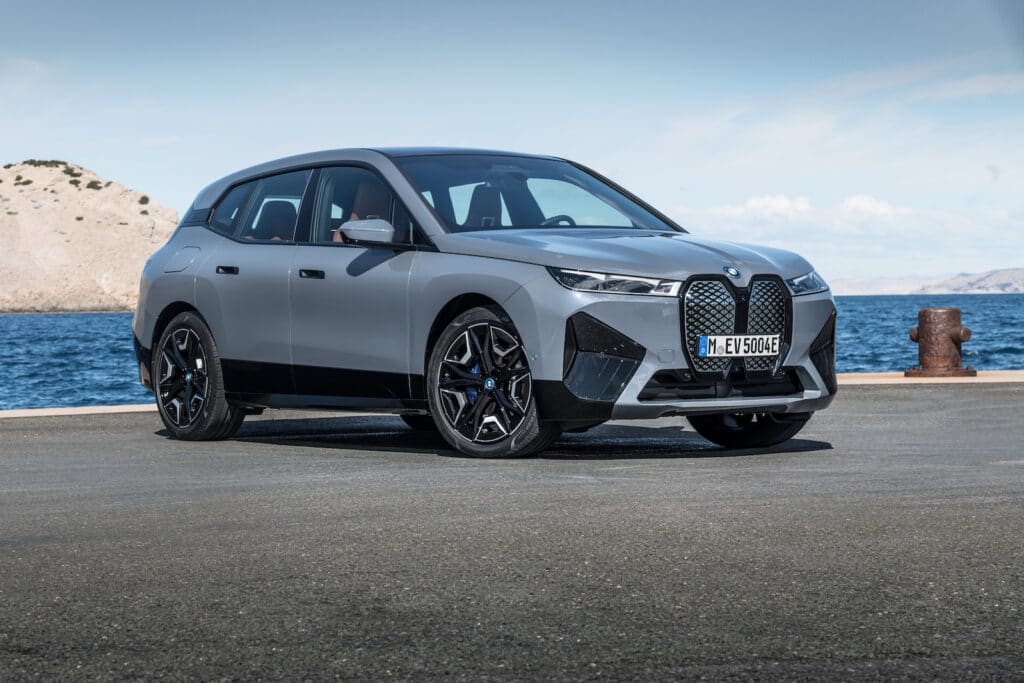The profits of German luxury brand fell by 36.4% in the second quarter as the company struggled to find semiconductors and with lockdowns in China that reduced unit sales by 19.8% even as the company braces for energy shortages at key plants in Europe.

The company’s revenues climbed 21.6% in the second quarter on higher prices, but inflation also drove up BMW’s cost of sales by 27.8% during the same period, according to the quarterly financial report. The trend forced BMW senior management to throttle back production, which has a domino effect.
“Semiconductor supply difficulties remain the dominant and decisive issue for our sales performance. Against this background, we have updated our sales guidance for 2022,” warned Oliver Zipse, chairman of BMW’s management board.
BMW now expects deliveries for the whole year to be slightly lower than the previous year’s high level.
“Our EBIT margin in the Automotive Segment should stay within the range of 7% to 9 percent. The crucial factor will be how the supply situation develops — not just for semiconductors, but also energy supplies in Europe,” Zipse said.
Volatility is king now
Zipse noted BMW, like other automakers, is facing a challenging environment. In the automaker’s case it’s not just limited to chip supplies, but the unpredictability of the global supply chain.

“At the present time, no one can reliably predict how the situation will develop in the coming months and years. But we at BMW believe in seizing opportunities wherever they arise. The flexibility of our vehicle architectures and our global production network are proving extremely valuable – as are our strong partnerships with our suppliers,” he said.
He noted the company’s thriving in one area, despite the ongoing issues: electric vehicles.
“We are able to serve diverse markets efficiently. At the same time, our electric models are winning important comparative tests,” he added.
Bottlenecks won’t stop improvement
Without supply bottlenecks, the company would have sold more vehicles in all three main markets in the first half of the year, according to officials. In fact, BMW expects to post a solid increase uptick in deliveries to customers the second half.
In addition to parts issues, the company is dealing with other potential problems, such as a national gas shortage. The company’s “natural gas competence team” is actively preparing for a potential gas shortage. It’s conduction thorough reviews at locations in Germany and Austria.

“We are looking at all areas and all fuels to see where we can reduce our gas usage,” Zipse said. “We could potentially envisage making up the electricity from gas-powered co-generation plants by purchasing external power.
“We are evaluating whether this is feasible and what the possible implications might be. We have shared tips with our employees on how to save gas and electricity at work and at home.
Give the people what they want
Despite the problems, BMW is looking to ramp up deliveries of its EVs in the second half — vehicles with updated operating systems designed to improve the performance of those battery-powered cars and SUVs.
The iX introduced BMW Operating System 8 — the most powerful data processing system you’ll find in any car, officials claim. The BMW iX xDrive50 set a new record for range in an electric SUV, driving 377 miles, or about 607 kilometers, exceeding its EPA range by 62 miles, according to Edmunds.com. It also used less energy per hundred miles than any other electric SUV and even some smaller EV models.
“By the end of this year — including pre-series models — we will be producing 15 BEV models. By 2025, we aim to have delivered a total of two million all-electric vehicles to customers. And we are doing everything we can to make sure at least half our global deliveries come from BEVs before 2030,” he said.







